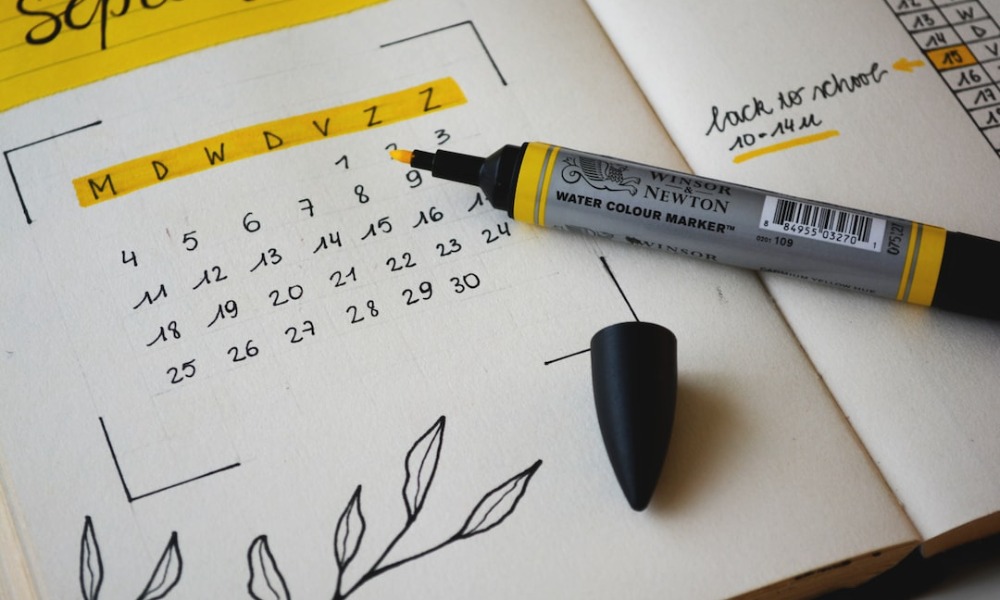Introduction:
In the English language, seemingly similar words can often lead to confusion due to their subtle differences in spelling and meaning. A classic example of this confusion is the pair of words ‘every day’ and ‘everyday.’ While they may appear to be interchangeable, their usage differs significantly. In this blog post, we will explore the distinction between ‘every day’ and ‘everyday,’ shedding light on their meanings and how to use them correctly in everyday communication.
- Every day:
‘Every day’ is a phrase consisting of two words. The word ‘every’ is an adjective that means ‘each’ or ‘all,’ while ‘day’ is a noun referring to a 24-hour period. When used together, ‘every day’ means each day or daily. For example:
- She goes for a run every day to stay fit.
- I have a cup of coffee every day before starting work.
Here, ‘every day’ emphasizes the regularity or frequency of an action happening on a daily basis.
- Everyday:
On the other hand, ‘everyday’ is a single word functioning as an adjective. It describes something that is ordinary, commonplace, or typical and is used to refer to things that are part of our daily routine or regular life. For example:
- The everyday tasks of cooking and cleaning can be tiring.
- She wore her everyday clothes to the casual gathering.
In these sentences, ‘everyday’ modifies ‘tasks’ and ‘clothes,’ indicating that they are part of regular, ordinary life.
Key Takeaways:
The key distinction between ‘every day’ and ‘everyday’ can be summarized as follows:
- ‘Every day’ (two words) refers to something happening each day or daily.
- ‘Everyday’ (single word) functions as an adjective describing something ordinary or part of our daily routine.
Conclusion:
While the difference between ‘every day’ and ‘everyday’ may seem subtle, mastering their correct usage can significantly enhance your writing and communication skills. Whether you’re talking about daily habits or describing the routine aspects of life, understanding when to use ‘every day’ as a phrase and ‘everyday’ as an adjective will add precision and clarity to your expressions. So, let’s make every day count and use the everyday magic of language to enrich our communication!


